

Co-organized by the Shoklo Malaria Research Unit (SMRU), the 47th Southeast Asia Seminar was held along the Thai-Myanmar border region, in the districts of Tha Song Yang, Mae Ramat, Mae Sot, and Phop Phra, Tak Province of Thailand, during December 7-14, 2023. This year’s theme was “Health, Border, and Marginality: Toward Transdisciplinarity?”
Two sets of issues guided the seminar. One was a question, the other was a proposal. First, what kind of engagement should a researcher have toward a border that is situated next to a country raged by protracted armed conflict? And because this 47th Southeast Asia Seminar was the second chapter following the 45th Southeast Asia Seminar, we proposed that transdisciplinarity is one of a few most appropriate inquiries for this kind of terrain. The seminar, thus, sought to provide a space for reflection on an intertwining relation of five key notions: health, border, marginality, protracted armed conflict, and transdisciplinarity. It did so by learning from varieties of stakeholders along the border: marginalized peoples, community-based organizations (CBOs), faith-based organization (FBOs), health workers, educators, students, an intergovernmental organization (IGO), government officials, businesspeople, and researchers.
A total of 10 core participants from 9 countries took part in this year’s seminar, they were:
The lectures by the SMRU and CSEAS researchers were:
Apart from a series of lectures by the SMRU and CSEAS researchers, there were excursion trips to visit nine stakeholders:
These nine stakeholders were visited with the hope that the seminar would have done adequate justice to the complexity of the Thai-Myanmar border region where: a) transnational forces – of people, culture, capital, and disease – entwine and tremendously complicate these spaces in-between the two nation-states; b) many marginalized peoples have had to endure manifold sickness due to their marginal positionalities either as displaced peoples or voluntary migrants, and many of whom have become unskilled or low-skilled cheap labour in Thailand; c) varieties of peoples with different cultural lifeworlds shaping their (economic) lives along the border vis-à-vis the two nation-states’ political, socio-economic, and public health policies.
Toward the end of the seminar, the core participants presented the results of their interweaving of insights from assigned readings, the presentations, the excursion trips, and their own research journeys. The discussions covered multiple strands of ideas, some keys of which were:
With such strands of ideas and through varieties of objects of study within each core participant’s research endeavor – e.g., border, infrastructure, land, pandemic, mosquito, refugee and/or voluntary migrants, family, youths, indigenous peoples or highlanders, climate change, government policy, diplomacy, among others – the core participants’ methods, approaches or analytical frameworks were, likewise, diverse: ethnographic research; medicine & health; development studies; sociology; policy studies; human rights/humanitarian affairs; sustainability science; political science, among others. Throughout the seminar, discussions were rich, often exciting, and some were impressively deep. After the seminar, each core participant submitted a 600-800 word reflection paper, which has been revised and expanded to a 2000-word reflection paper, to be submitted by January 31, 2024 – all of which will, in turn, be published in a special issue of CSEAS’s Kyoto Review of Southeast Asia, forthcoming in June 2024.
The 47th Southeast Asia Seminar was co-organized by CSEAS and SMRU. Eight persons – consisting of Hayami Yoko, Nakanishi Yoshihiro, Yamada Chika, Takahashi Tomoko, Yunxi Wu, Akedo Masako, Kondo Motoko and Decha Tangseefa – form an organizing committee on CSEAS’s side, whereas the following persons represented SMRU in helping organize the seminar: Sureerat Kritsanarangsan, Wannee Ritwongsakul, Primprapaporn Thongdee, Ladda Kajeechiwa, Suphak Nosten, Bulakorn Tinoi, Phee Do, Jindaporn Wirachonphaophong, Htee K Paung, Hai Ti Ti, and Nay Kaw Htoo, and Thae Thae Naing. We would also like to express our sincere gratitude to: firstly, all the stakeholders for providing us their time and knowledge; secondly, Dr. Francois Nosten, Dr. Cynthia Maung and Ms. Narumoon Maungjamrad who had provided valuable support long before the seminar was conceived; thirdly, Dr. Rose McGready, Dr. Aung Pyae Phyo, Dr. Mieno Fumiharu and Dr. Yalei Zhai for their wonderful contributions during the seminar as well as Mr. Aihara Hiroshi for joining the seminar as an observer; fourthly, all friends throughout the world who had helped disseminate the call for applications; and, fifthly, the CSEAS staff of the Research Liaison Office who supported the seminar activities along the way. Lastly, we are very grateful for some financial support from: the Center for Global Collaborative Research Center (GCR); the Daikin Industries, Ltd., as part of an academic consultation for the company to understand a nexus between air conditioner and the quotidian life of a variety of people along the Thai-Myanmar border region.
Decha Tangseefa
On Behalf of the 47th SEA Seminar Committee
January 9th, 2024
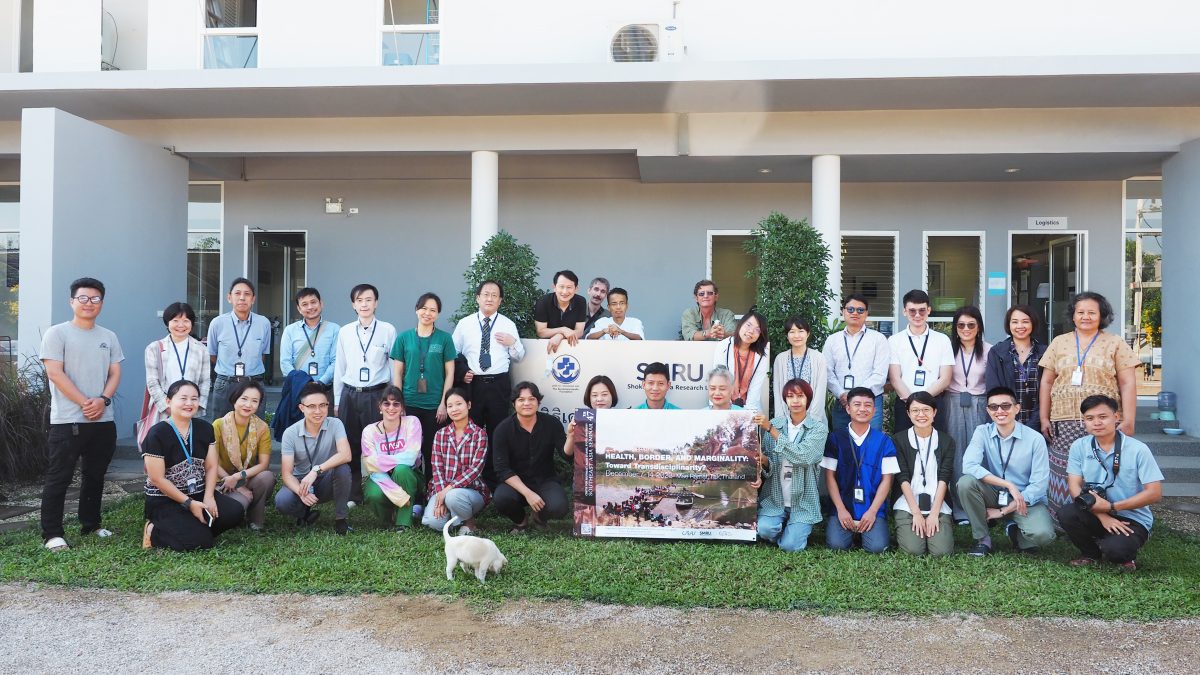
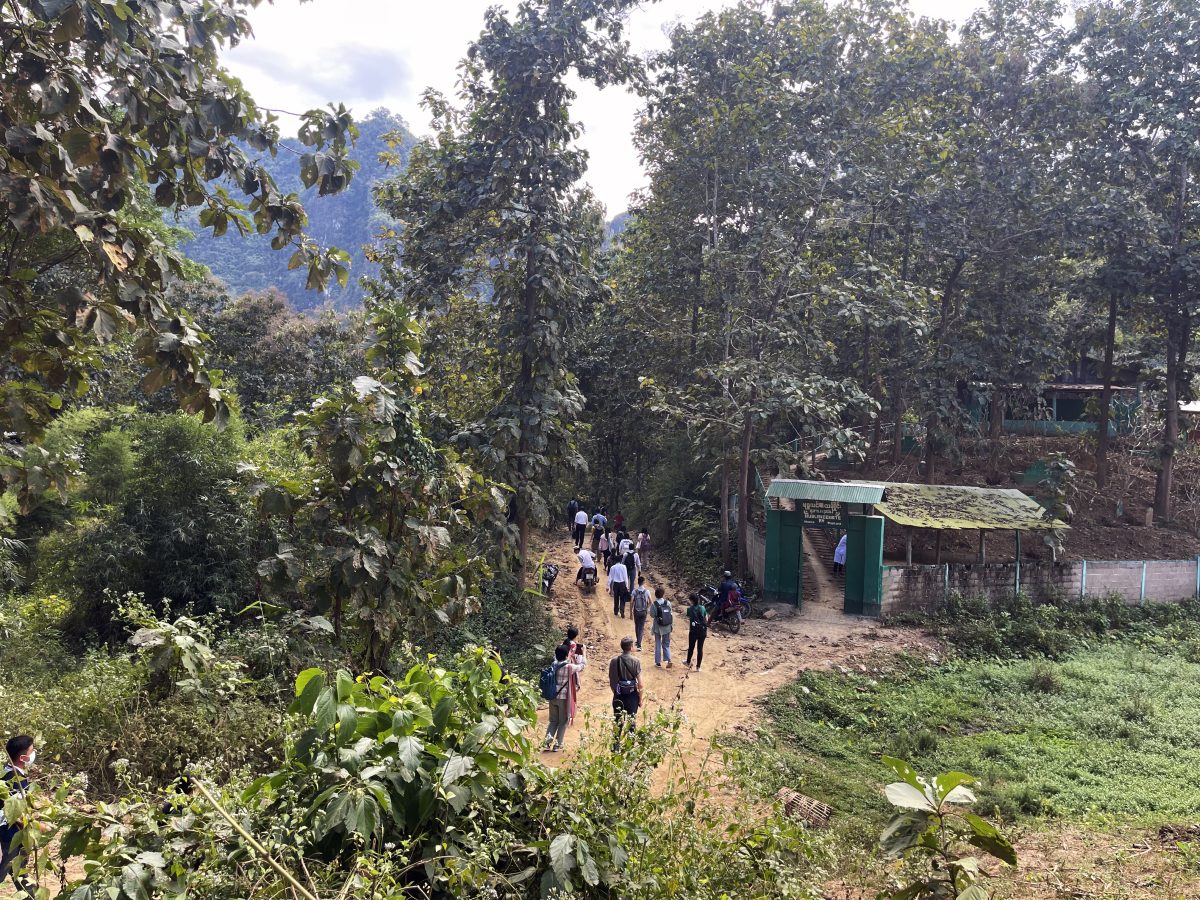
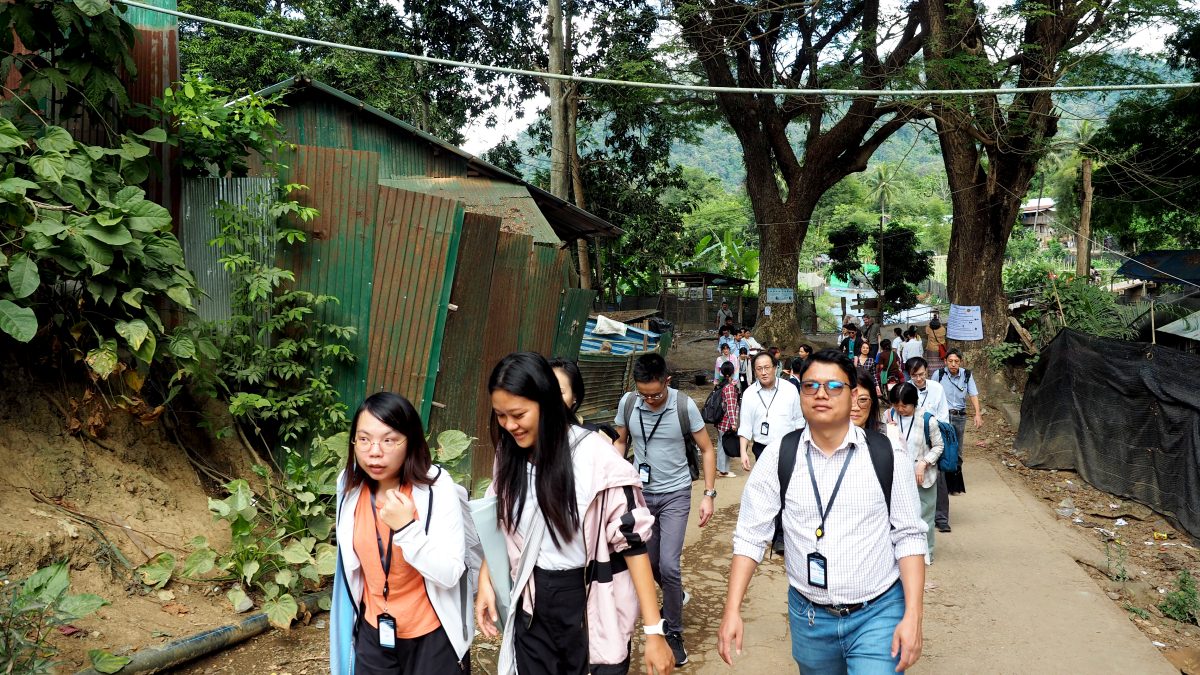
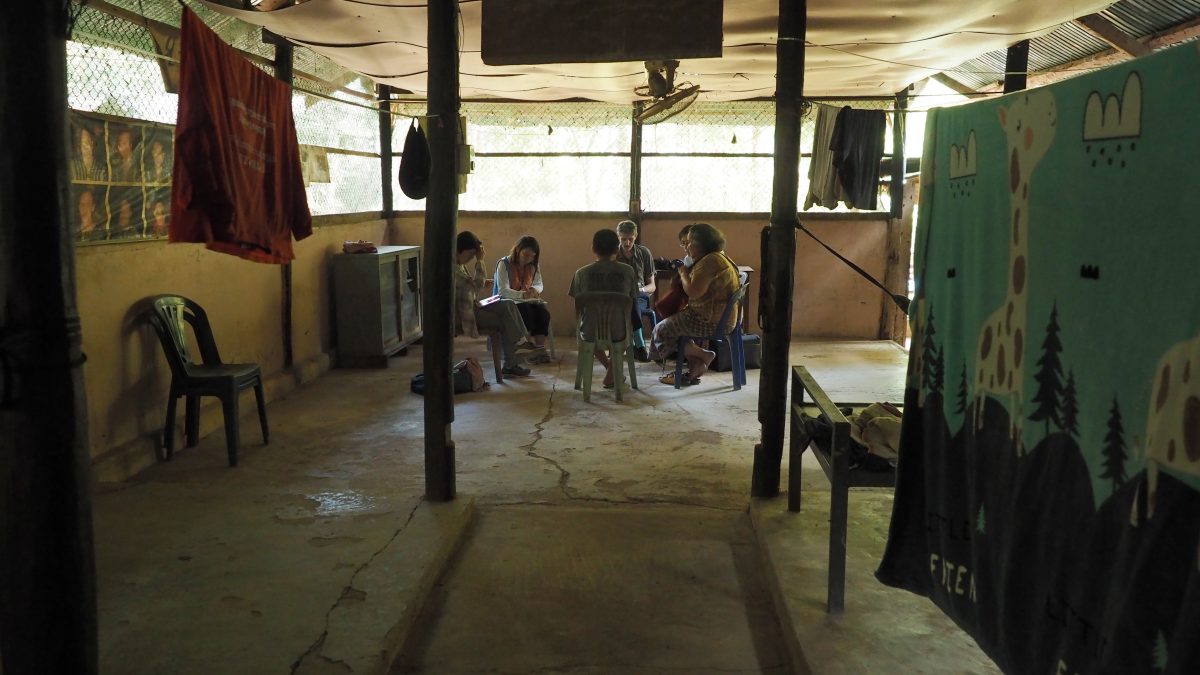
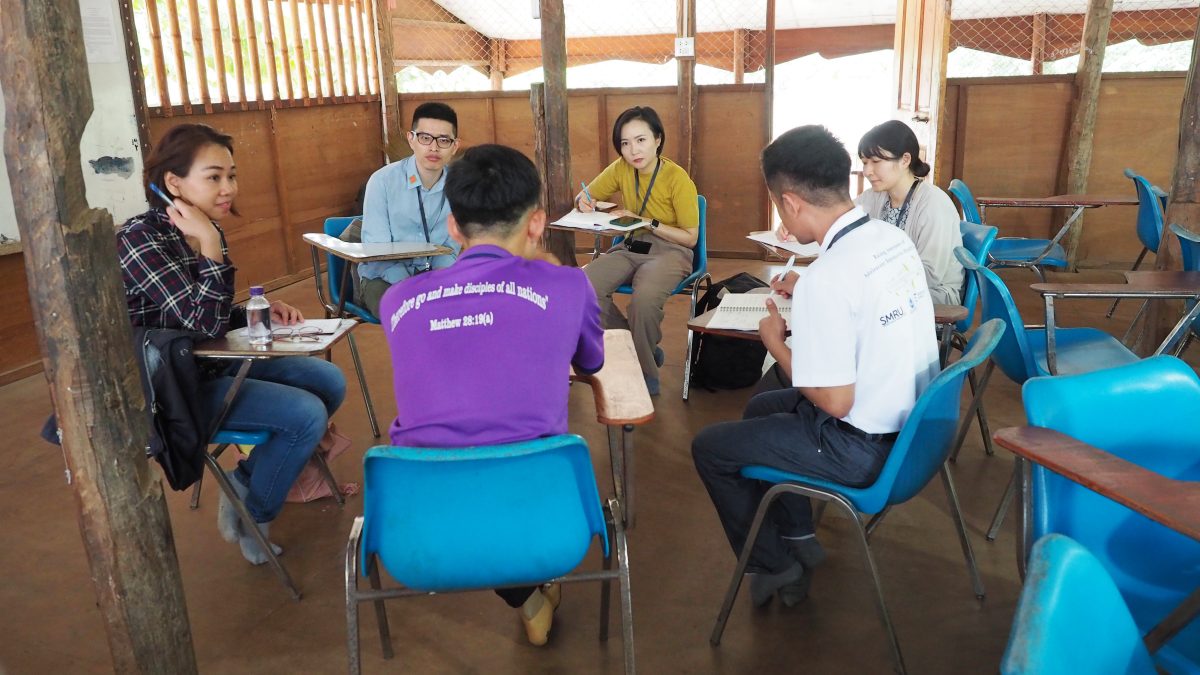
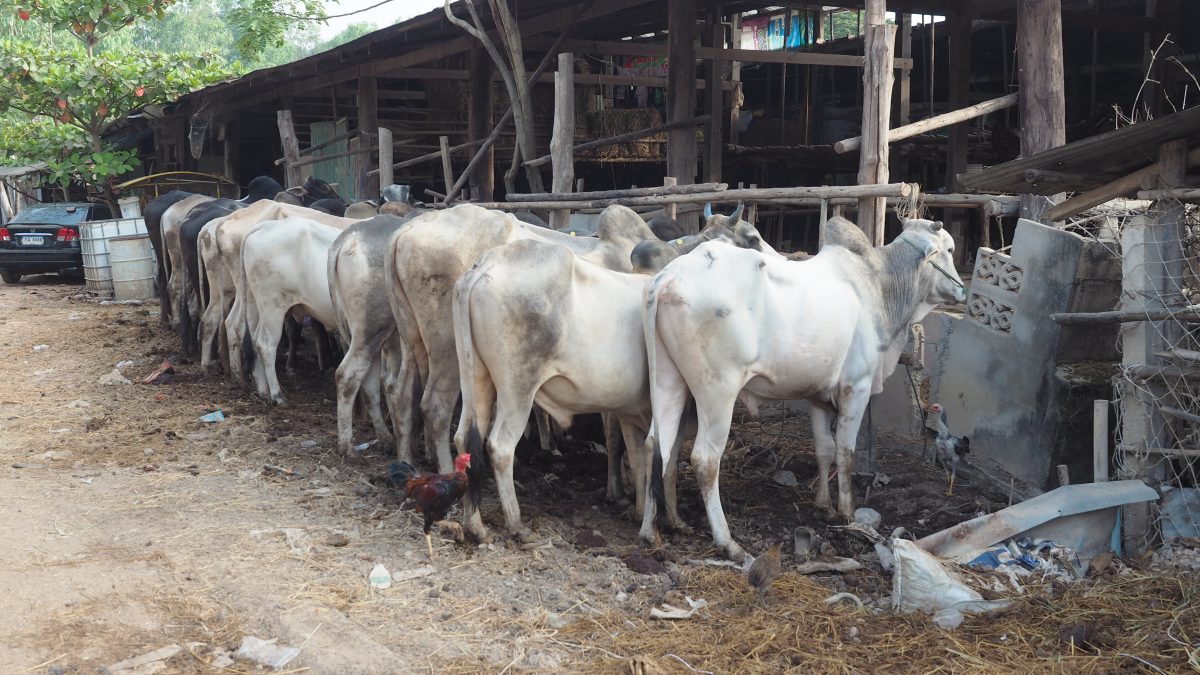
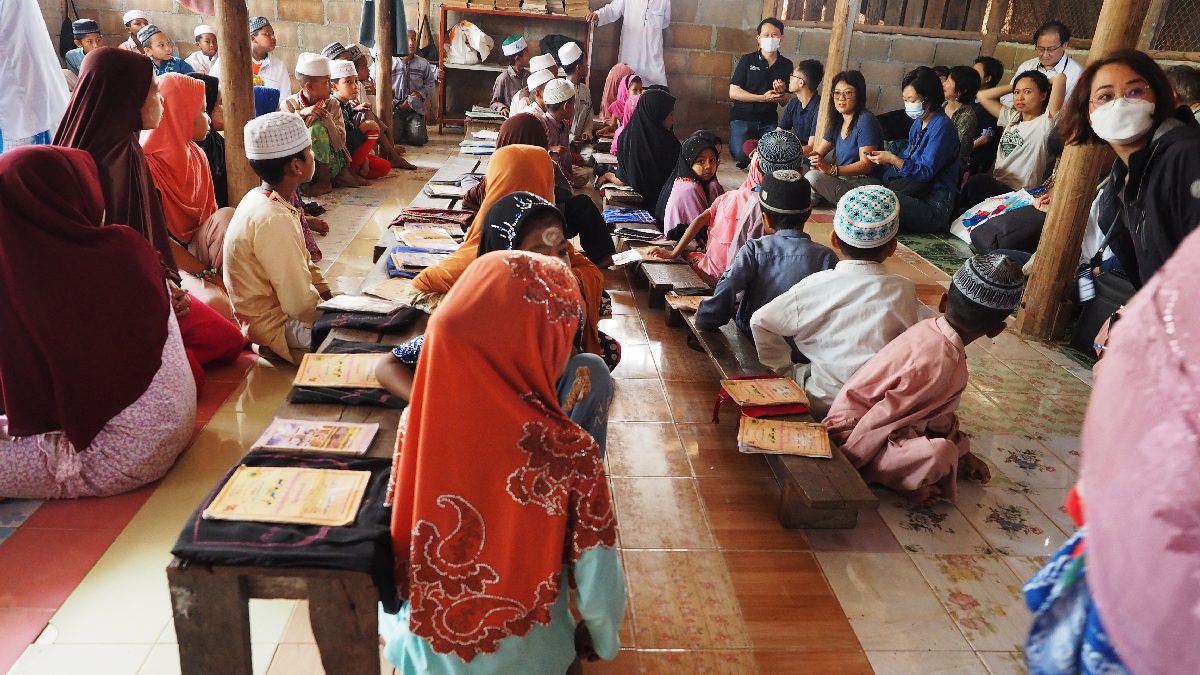
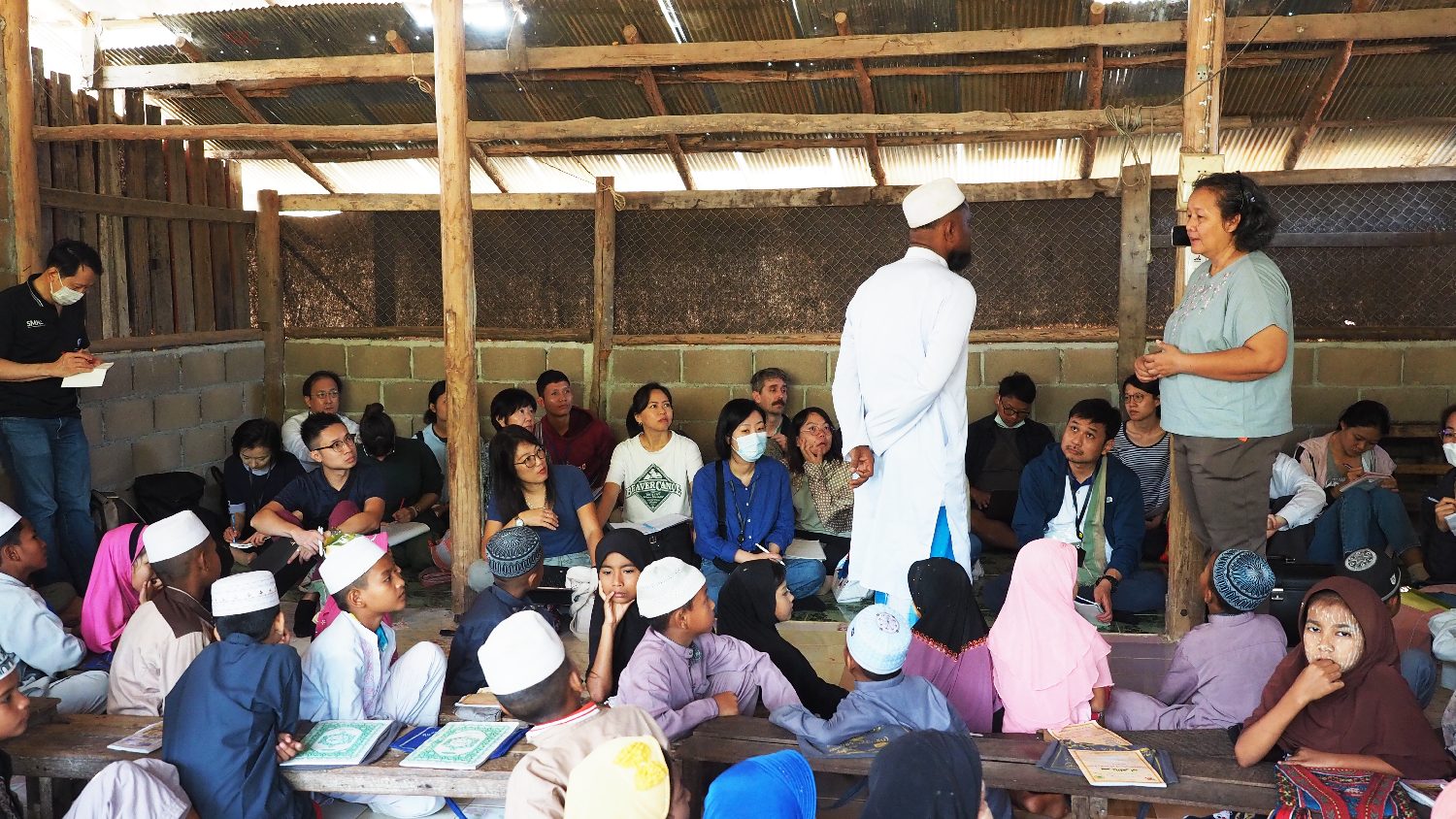
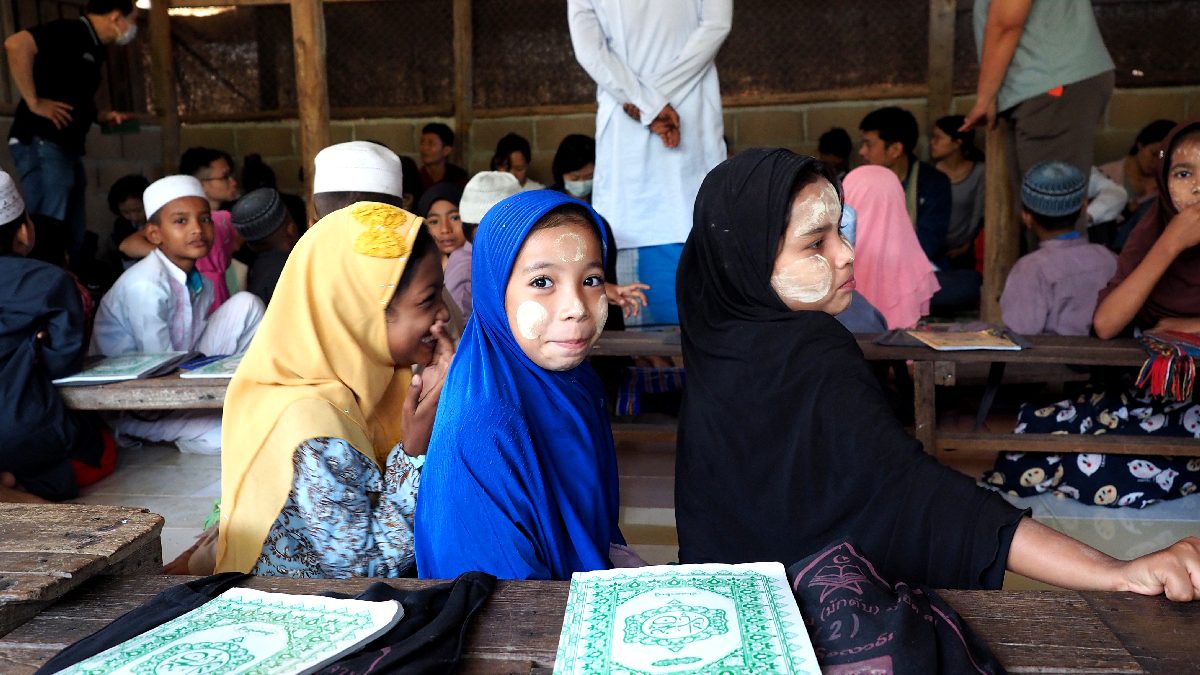
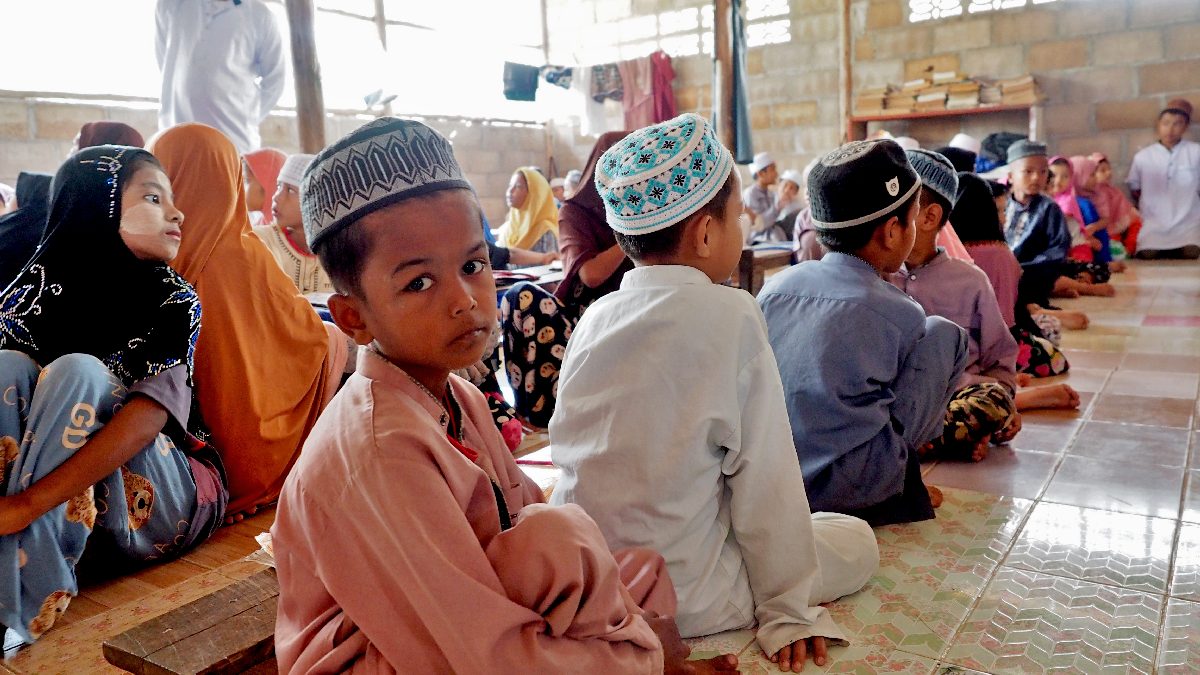
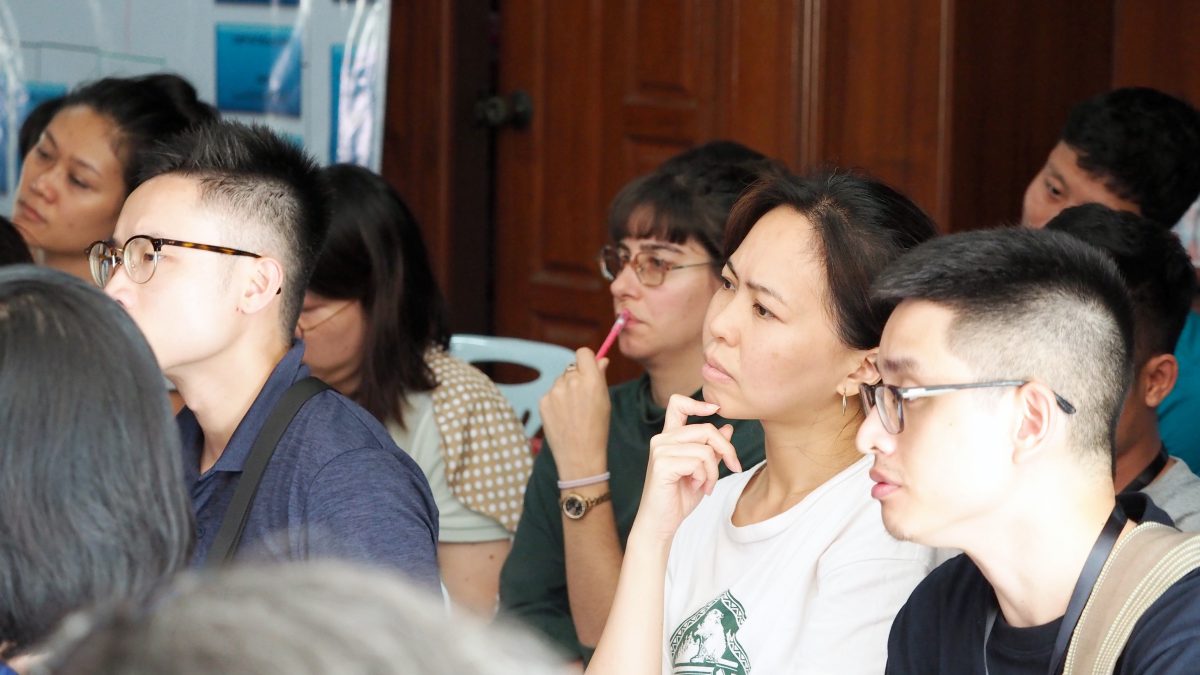
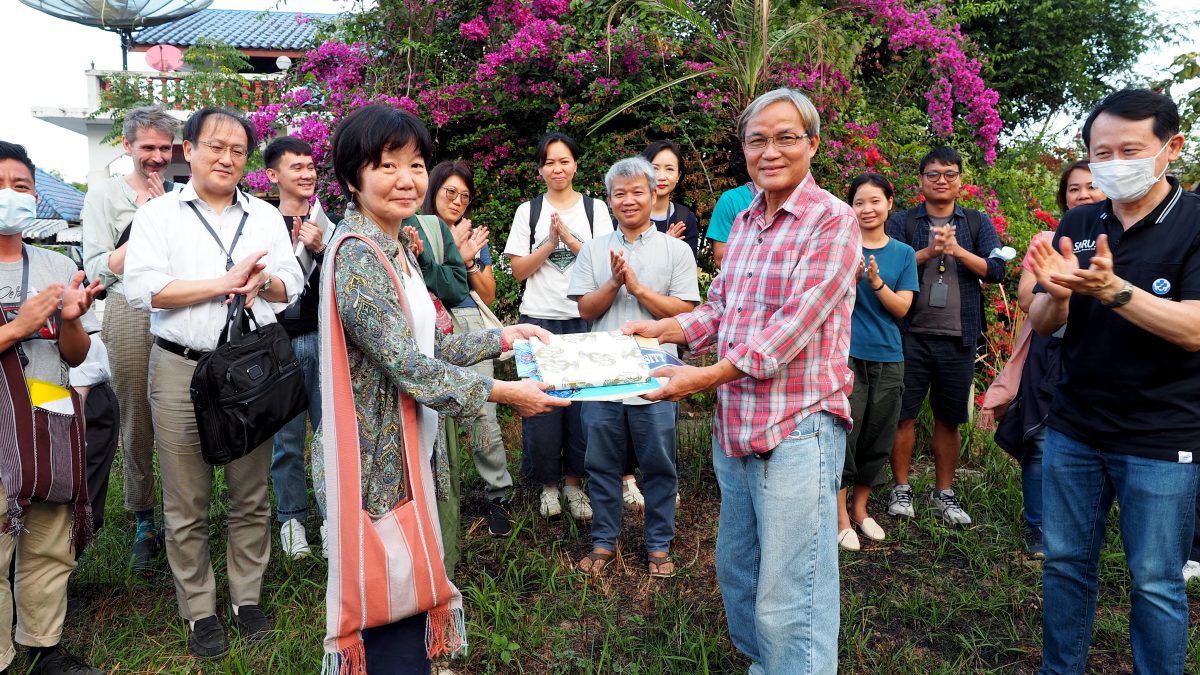
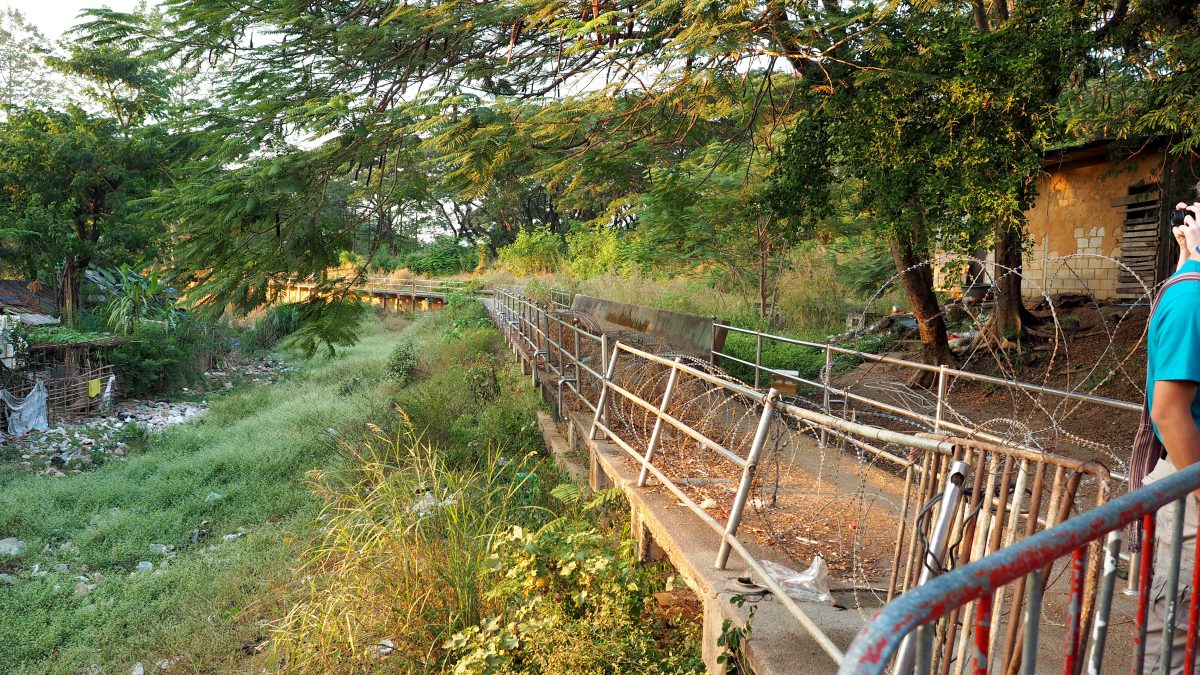
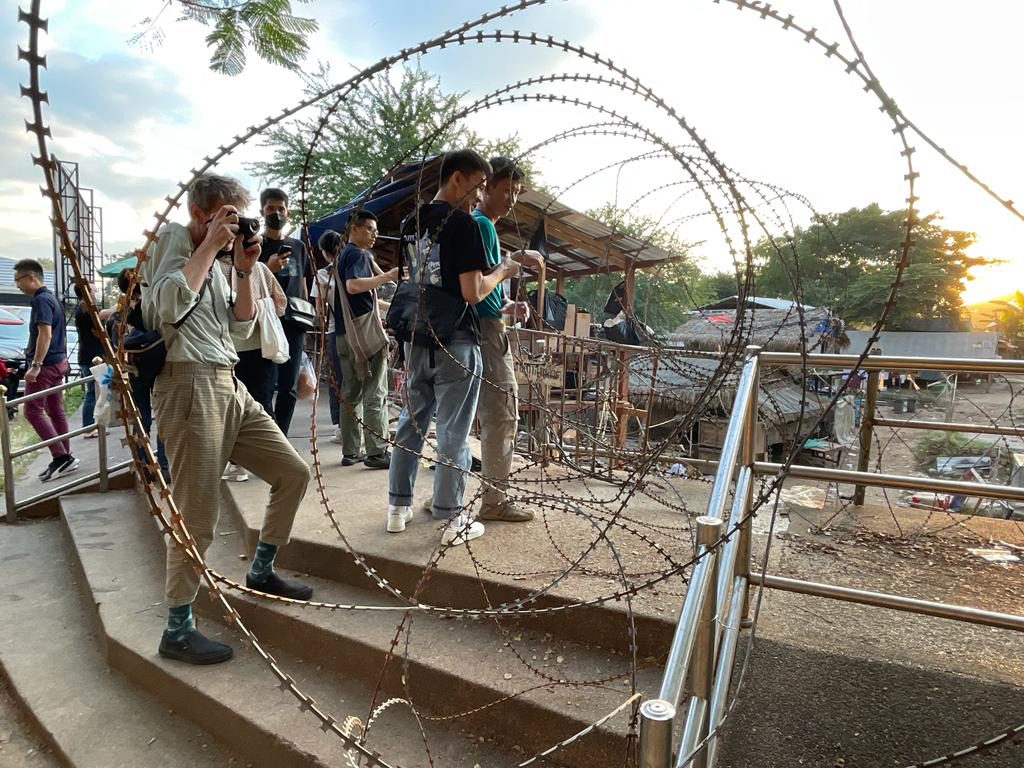
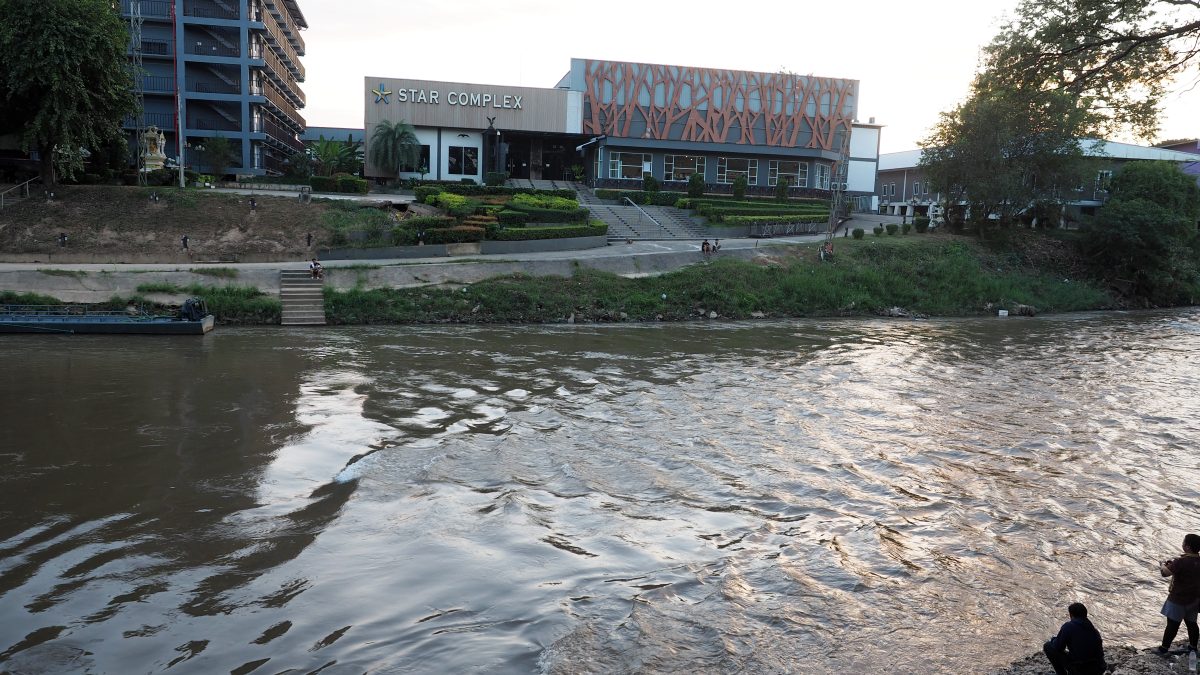
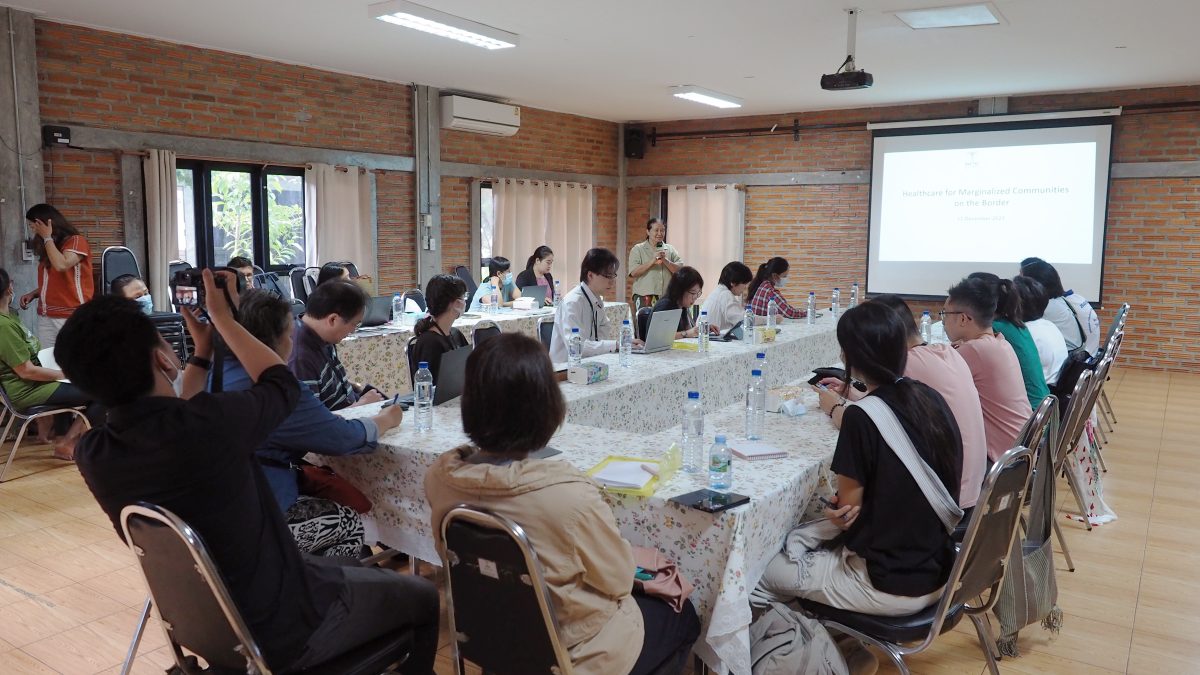
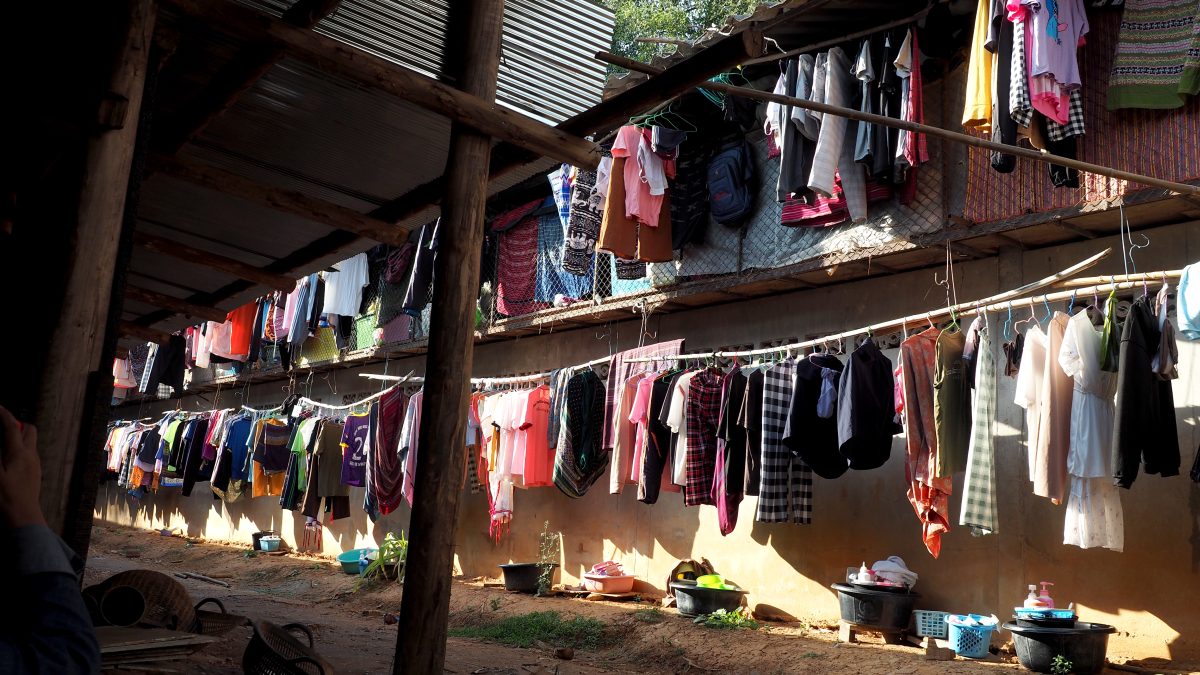
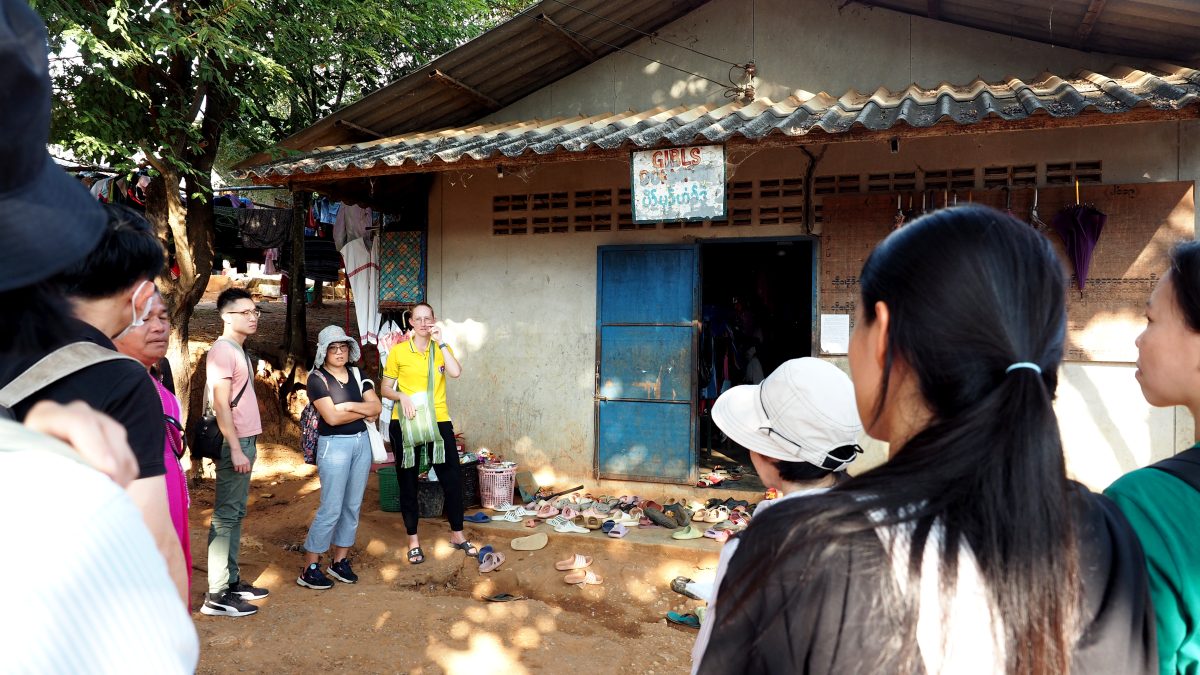
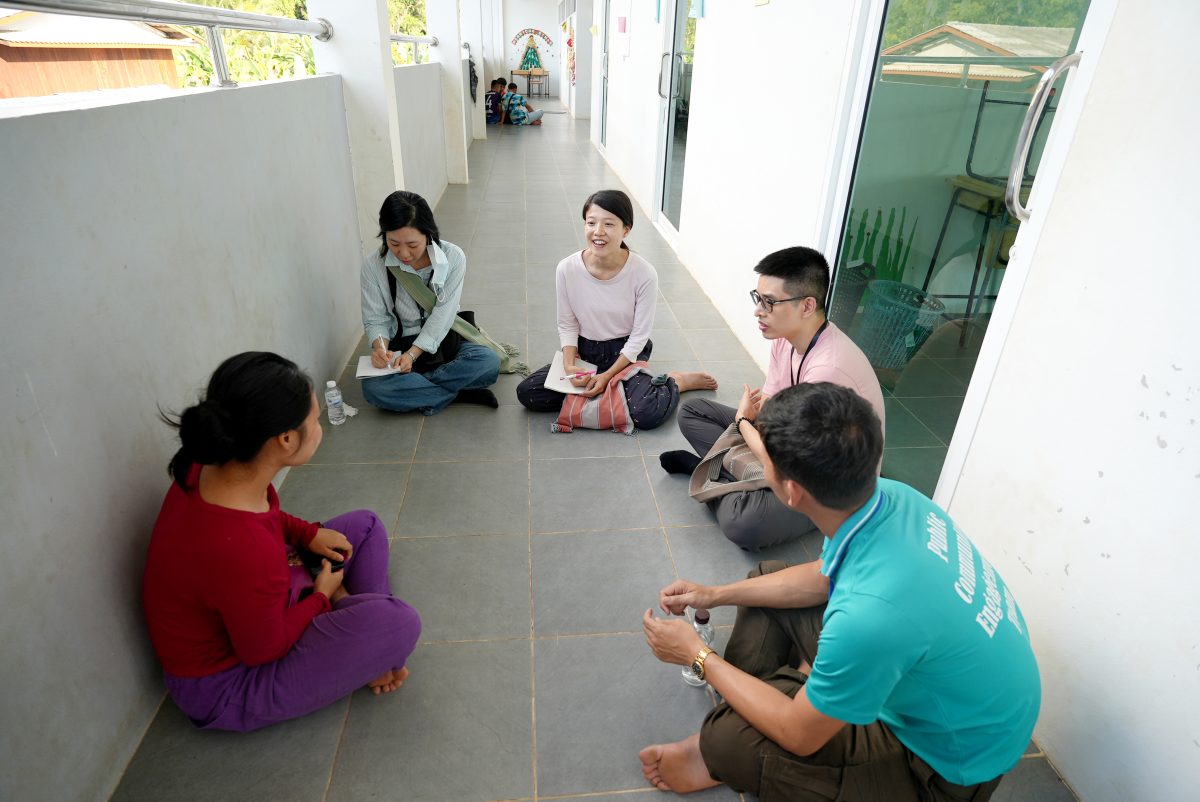
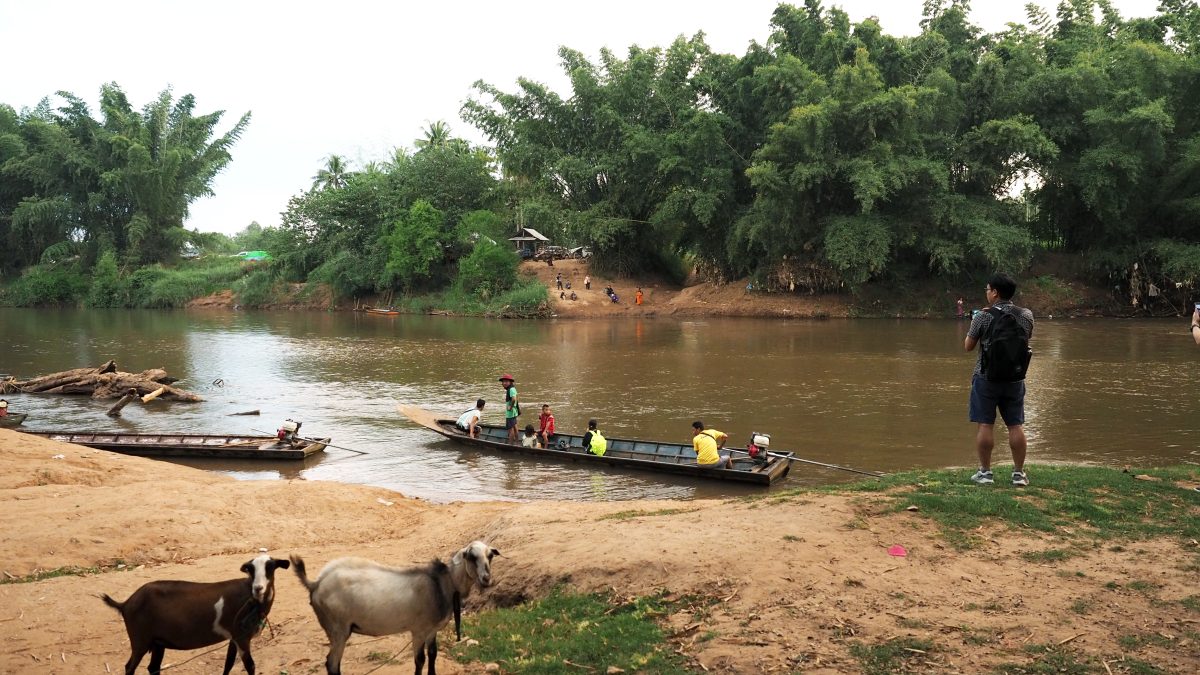
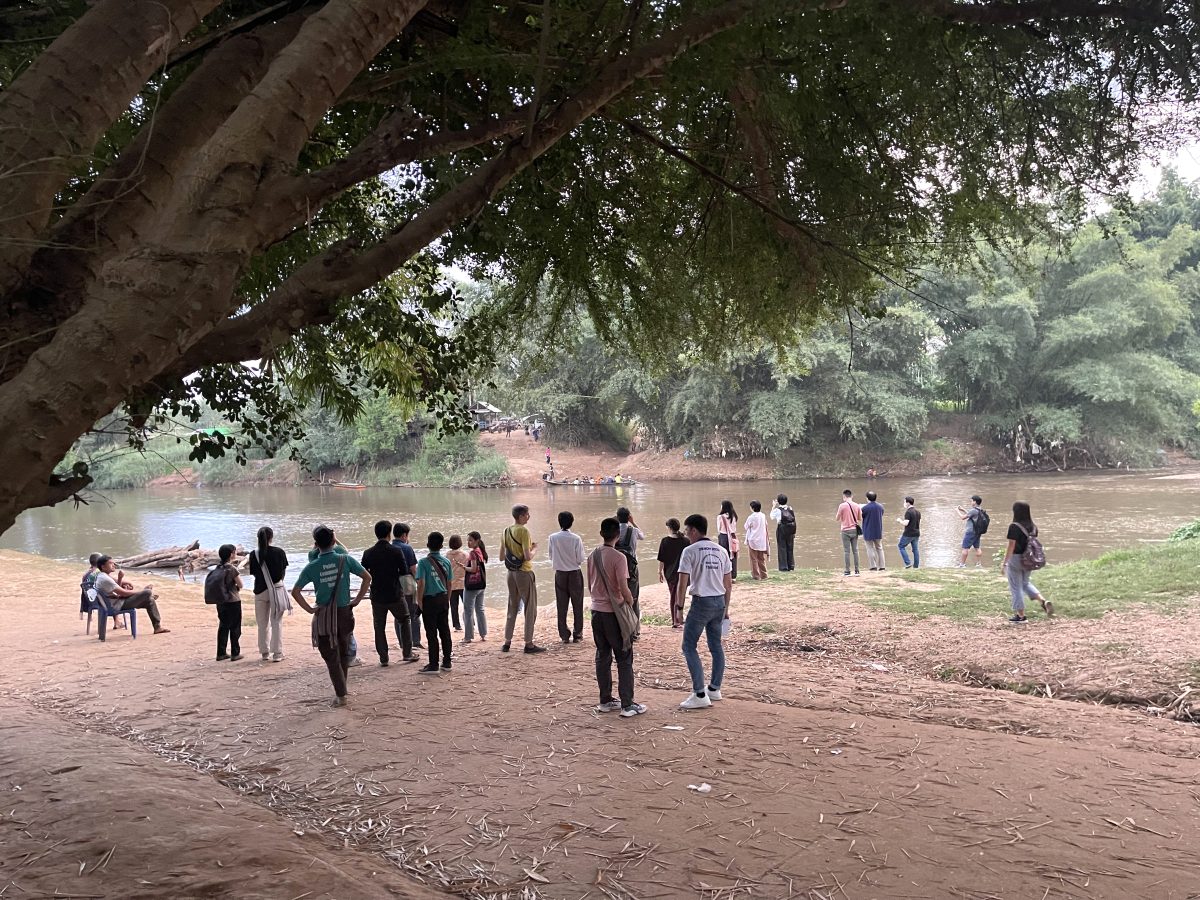
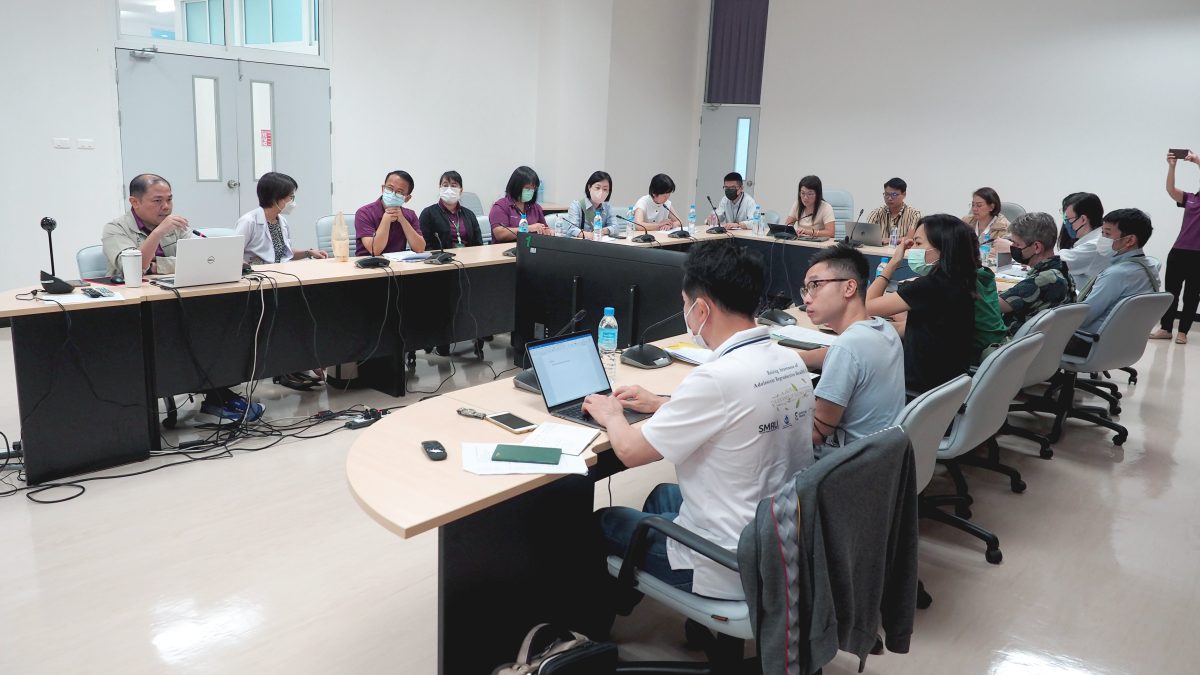
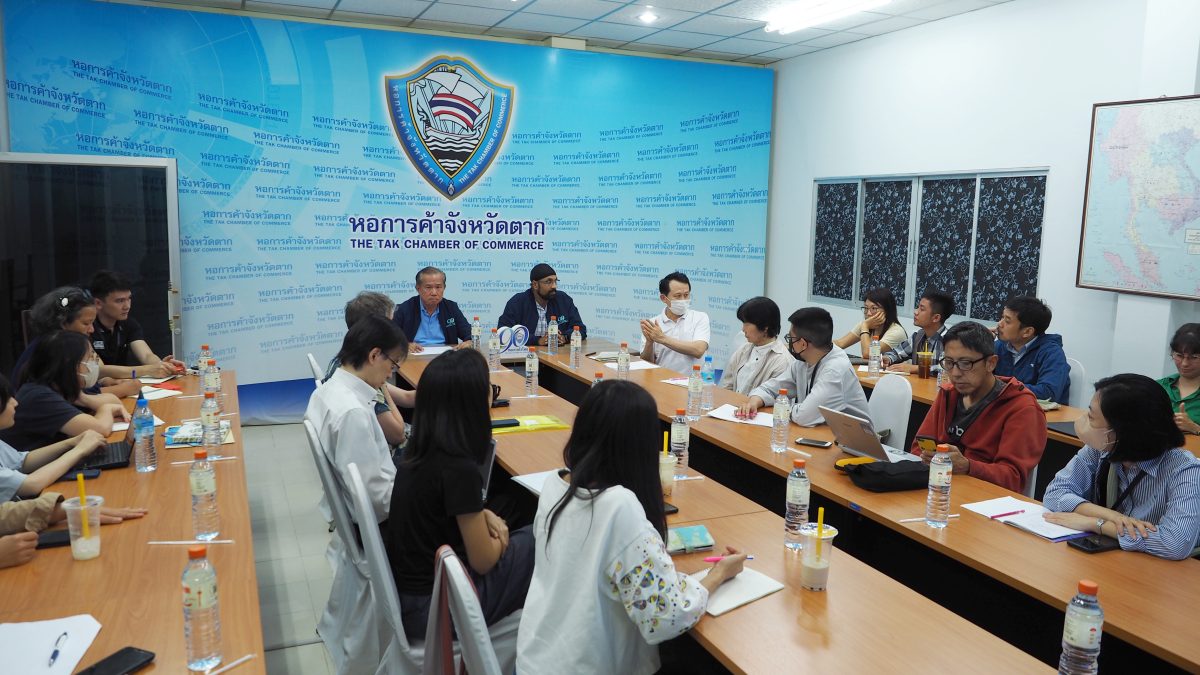
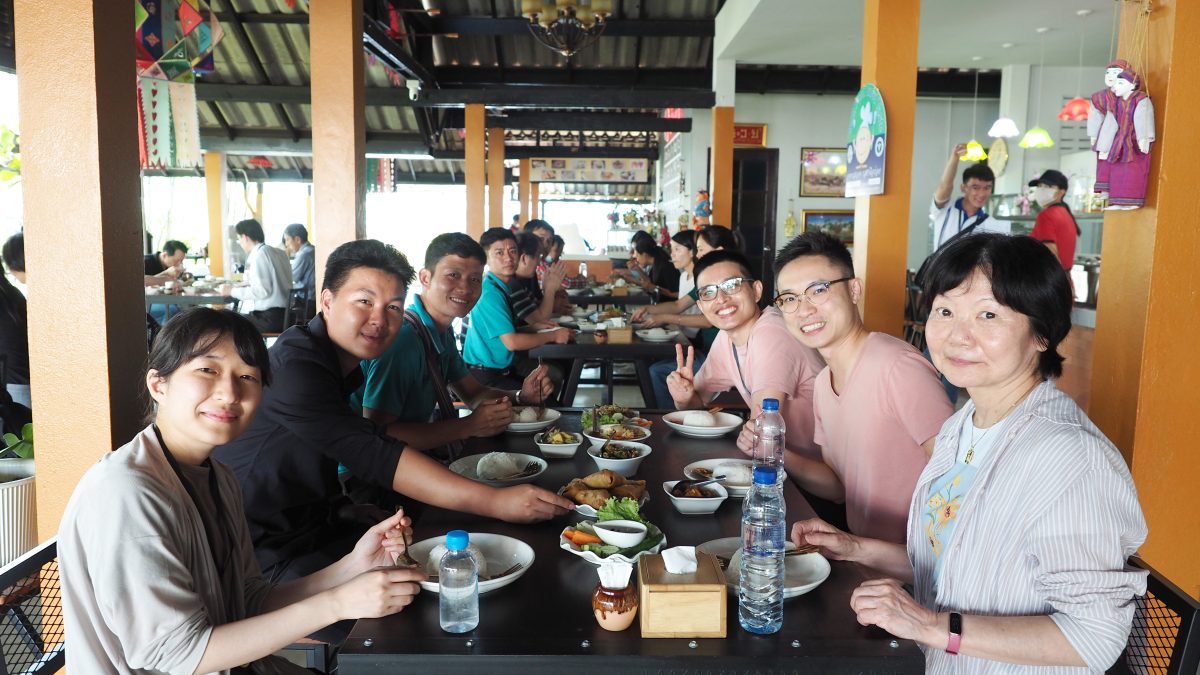
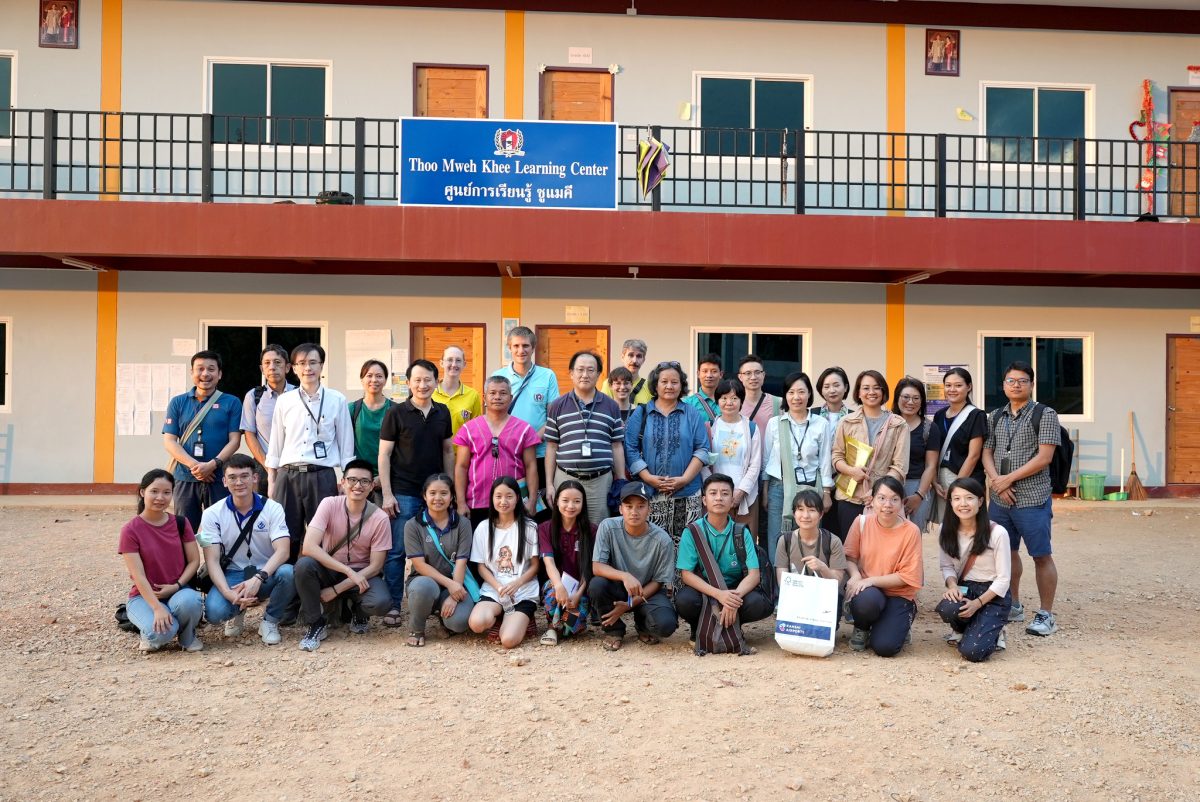
The Center for Southeast Asian Studies (CSEAS), Kyoto University, welcomes applications from early-career researchers (who received their PhDs within the last five years), with fields of specialization relating to the seminar topic, to participate in the 47th Southeast Asia Seminar on “Health, Border, and Marginality: Toward Transdisciplinarity?” The seminar will be held along the Thai-Myanmar border, during December 7-14, 2023. Participats are required to attend the whole seminar.
Important Dates
August 31, 2023: Application Deadline
By September 30, 2023: Result Announcement
December 7 - 14, 2023: Seminar Dates
Successful applicants will be required to cover their travel costs from their respective countries to and from Bangkok (and, where necessary, visa cost). Round-trip flight tickets between Bangkok and Mae Sot will be (partially) covered by the organizer.
Application should be submitted online by filling out the online form. The application must include:
Maximum 450 words, explaining how their research background and interests relate to the Southeast Asia Seminar topic, “Health, Border, and Marginality: Toward Transdisciplinarity?”. Please note that the statement will be circulated among the core seminar participants.
Note: any applicant who does not submit a writing sample will not be qualified to apply.
The seminar committee will select participants based on the application forms, and ONLY accepted applicants will be informed by the end of September, 2023.
The format is an on-site seminar with a series of lectures and excursion trips to visit various stakeholders along the Thai-Myanmar border.
Selected participants are expected to read a set of assigned readings before the seminar and actively take part in discussions during the full eight-day seminar.
In relation to their research, participants will also be expected to:
Participants are required to book a round-trip flight ticket and send a copy of their e-ticket upon consultation with the secretariat office.
For more information, please see FAQ.
For inquiries, please email <seaseminar47[at]cseas.kyoto-u.ac.jp>.
Please indicate your inquiry and name in the subject line of your e-mail; e.g., SEA Seminar_change request_your name
DISCLAIMER: The organizer reserve the right to conduct the seminar online, postpone, or cancel if any exceptionally unforeseen circumstance arises.
A border is a “contact zone” of people, culture, and capital. In area like the Thai-Myanmar border region, disease must also be included, as tuberculosis, drug-resistant malaria, and a few others, have been prevalent therein – long before COVID-19 has raged the world. These transnational forces entwine and tremendously complicate these spaces in-between the two nation-states. Situated next to Burma/Myanmar – a country that has witnessed more protracted armed conflicts than unarmed negotiations since its independence in 1948 – this border region has become a space where many marginalized peoples have had to endure manifold sickness due to their marginal positionalities either as displaced peoples or voluntary migrants; and many of whom have become unskilled or low-skilled cheap labour in Thailand. The Thai-Myanmar border zones are, therefore, mosaic spaces with a variety of peoples with different cultural lifeworlds shaping their (economic) lives along the border vis-à-vis the two nation-states’ political and socio-economic policies. However, the Thai-Myanmar border is not an exception. Globally, at least nine other countries have also been rampaged by protracted armed conflicts: Afghanistan, the Central African Republic, the Democratic Republic of the Congo, Mali, Somalia, South Sudan, Syria, Ukraine, and Yemen. These countries have consequently produced not only unique but bleak border zones next to them, but also many ailing or dying migrants displaced or roaming along those border zones.
With such border realities resulting from protracted armed conflicts, two sets of issues guide this year’s seminar. One is a question, the other is a proposal. First, what kind of engagement should a researcher have toward this kind of space? And because this 47th Southeast Asia Seminar is the second chapter following the 45th Southeast Asia Seminar, we propose that transdisciplinarity is one of a few most appropriate inquiries for this kind of terrain.
Since the end of the 1990s, transdisciplinarity has gained more currency as a research approach based on collaborative endeavor, aiming not only to foster meaningful knowledge co-production, but also to solve complex societal and planetary challenges, while also endeavoring to narrow the gap between the academic and the non-academic spheres. Transdisciplinary inquiry, thus, not only requires innovative research methods, but also challenges researchers – many of whom work in relative isolation in so-called “ivory towers” – as well as professional experts – many of whom are disconnected from the broader civil society. The following are some key issues that will be explored during the trip to the Thai-Myanmar border:
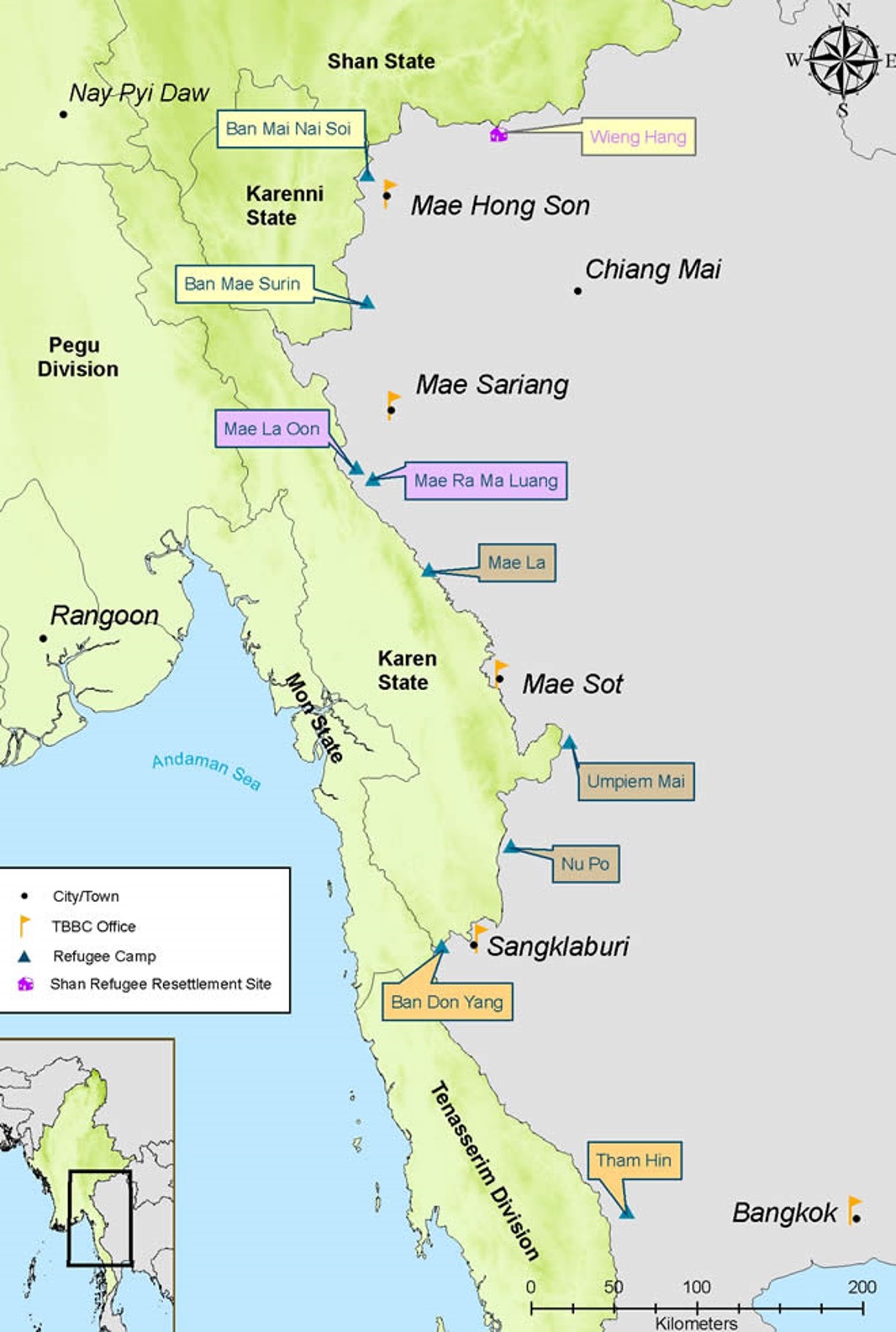
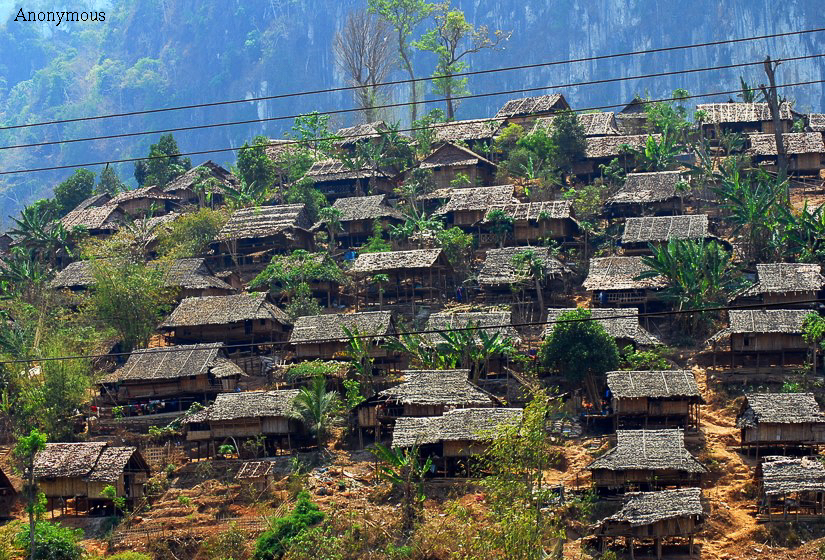
Arriving in Mae Ramat, Tak
Reception dinner
Venue: SMRU
8:30 Welcome Remarks
9:00 - 9:10 Introduction to the 47th Southeast Asia Seminar
9:10 - 9:45 Self-introduction of Seminar Participants
9:45 - 10:00 Group Photo
Moderator: Decha Tangseefa (CSEAS)
10:00 - 10:15 Coffee Break
10:15 - 12:15
Moderator: Decha Tangseefa (CSEAS)
12:15 - 13:30 Lunch Break
Field work: Tha Song Yang
Venue: SMRU
8:15 - 9:45
Moderator: Yoko Hayami (CSEAS)
9:45 - 10:00 Coffee Break
10:00 - 11:30
11:30-12:00 Overall Discussion
Moderator: Yoshihiro Nakanishi (CSEAS)
12:00 - 13:00 Lunch Break
Field work: Mae Ramat
Field work: Mae Sot
Field work: Phop Phra and Mae Sot
Field work: Mae Sot
Venue: SMRU
The 11 core-participant presentations & Yunxi Wu (CSEAS)
* Each presenter will talk for 15 minutes plus 15 minutes Q&A.
8:30 - 10:00 Presentation 1-3
10:00 - 10:15 Coffee Break
10:15 - 11:45 Presentation 4-6
11:45 - 13:00 Lunch
13:00 - 14:30 Presentation 7-9
14:30 - 14:45 Coffee Break
14:45 - 16:15 Presentation 10-12
16:15 - 16:45 Overall Discussion & Closing Remarks
16:45 - 18:15 Short-piece Writing (600-800 words) & Evaluation Form
Depart Mae Ramat
Early-career researchers (who received their PhD within the last five years) with fields of specialization relating to the seminar topic are eligible to apply.
Yes, you are. However, in your online application, you will need to explain how the seminar topic relates to your research background and interests.
Only successful applicants will receive an email by the end of September, 2023.
* We are unable to answer any questions regarding the selection process.
* The personal information provided in the submitted documents will be used solely for this recruitment and not for any other purpose.
* Nationality balance will be taken into consideration during participant selection.
A set of readings, which will be in Word or PDF format, will be shared through Google Drive with you by one month before the seminar. It is mandatory to read all the assigned readings before the seminar.
The online application system is the only method available to apply for the seminar. If you have any special circumstances that require a different method of application, please contact us at seaseminar47[at]cseas.kyoto-u.ac.jp
No, you are not eligible to apply. Participants are expected to attend the entire seminar from December 7 to 14, 2023.
The format is an on-site seminar with one day of lectures followed by a four-day excursion trip and one day of participant presentations.
In addition to actively taking part in discussions, you are expected to give a short PowerPoint presentation on the last day of the seminar. Your presentation should reflect on your takeaways from the seminar (i.e., how the insights, issues, and questions raised in the course of the seminar generate further questions and how they can inform or refine your own research agenda). Your statement of research interests and background, submitted online during the application period, will be circulated among the other participants of the seminar beforehand to promote active interactions and discussions.
For inquiries, please email <seaseminar47[at]cseas.kyoto-u.ac.jp>.
Please indicate your inquiry and name in the subject line of your e-mail; e.g., SEA Seminar_change request_your name
The Southeast Asia seminar has been held annually by the Center for Southeast Asian Studies, Kyoto University since 1977, aiming to deepen the understanding of Southeast Asia from various perspectives. For more information on the long history of the Southeast Asia Seminars, please visit our website.